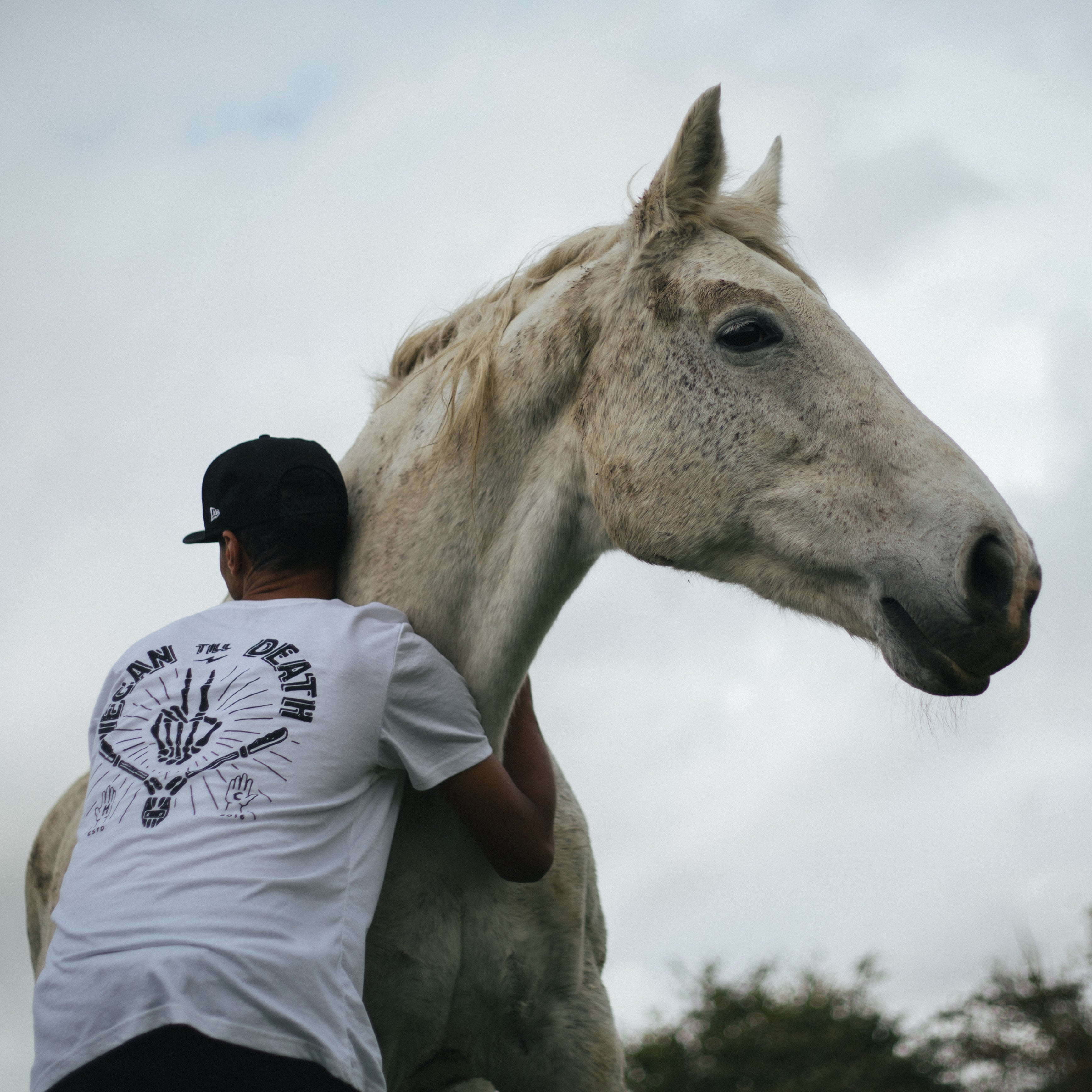5 Ways You can Help Bee's
Importance of Honey bees in our Ecosystem
Bees are essential pollinators for the eco system, including for fruits, vegetables, and flowers. They help plants to grow by transferring the pollen between female and male parts thus allowing plants to grow fruits and seeds.
Bees have to work hard for producing one pound of honey and for this purpose around two million flowers are visited. Moreover, for producing just one pound of honey, a hive of bees has to travel a long distance of 55,000 miles. Generally, the lifespan of a worker bee is 5 to 6 weeks, and during her lifespan, just 1/12 teaspoon of honey is produced by a single worker bee. On average, a single colony of bees produces 60 to 100 pounds of honey annually. (Imagine doing all that work just to have it taken away from you and replaced with a weak sugary substitute?!)
Moreover, there are around 250 different species of bees in the UK. The unexplained rise in bees’ deaths has become an issue of great concern.
5 Ways to help Bee's population:
Luckily, there are a lot of small and big ways through which we can save and protect the bees population and can make a difference.

1. Planting a bee garden
By planting a bee garden, a habitat corridor can be created with plants that are rich in pollen and nectar. It does not require large space in order to grow bee-friendly plants. These gardens can be made easily in flower pots, hanging flower baskets, planters, and window boxes across the yards.
Another idea is to plant the same flowers in clumps because bees are picky and like to visit a single type of flower at a single time but usually, flowers with different sizes, colours, and shapes are enjoyed by them.

2. Provide trees for bees
Trees are not only the source of food for bees but also essential habitat for them. Leaves, trees, and resins provide the nesting material for bees. With the rise in developmental activities and deforestation practices, you can bolster habitat for the bee by caring for them and joining tree plantation activity in your area.

3. Restrict the use of chemicals
You should avoid treating your green spaces or your garden with synthetics because synthetic fertilizers, pesticides, neonicotinoids, and herbicides pose harmful impacts on the bee by wreaking havoc on their respective systems. Instead, you can use natural solutions like compost or organic products to aid the health of the soil and keeping the pests away.

4. Give them Water
Bees need water to survive like they need water for controlling the temperature in their hives additionally they use water for producing food for their bee families (by mixing this water with nectar and pollen).
So, you can place shallow and wide containers or bowls filled with clean water outside, and don’t forget to add corks, stones, or twigs so that they don’t fall in or drown and land safely. Or you can create a spot in the garden in which you can put some water regularly.

5. Offer bee Real Estate
You can install bee hotels; bee blocks available at the same garden stores or you can build yourself by drilling holes of varying sizes in dead trees that are still standing. In this way habitats to many bees can be offered that nest in pre-existing holes.
Above article written by Rida Fatima
Let us know in the comments if you want to try any of these!
We love Bee's here at HeartCure, so much that we dedicated a design to them. Let's do our bit to repair the damage we've caused to their populations and leave their Honey alone!
Shop our organic cotton Bee Tee now!

References
https://www.agricentre.basf.co.uk/en/Sustainability/Honeybees-Agriculture/
http://www.goldenblossomhoney.com/education_bees.php
https://www.natgeokids.com/za/discover/animals/insects/honey-bees/
https://www.wwf.org.uk/updates/how-bee-friendly
https://thebeeconservancy.org/10-ways-to-save-the-bees/










Leave a comment
Please note, comments need to be approved before they are published.